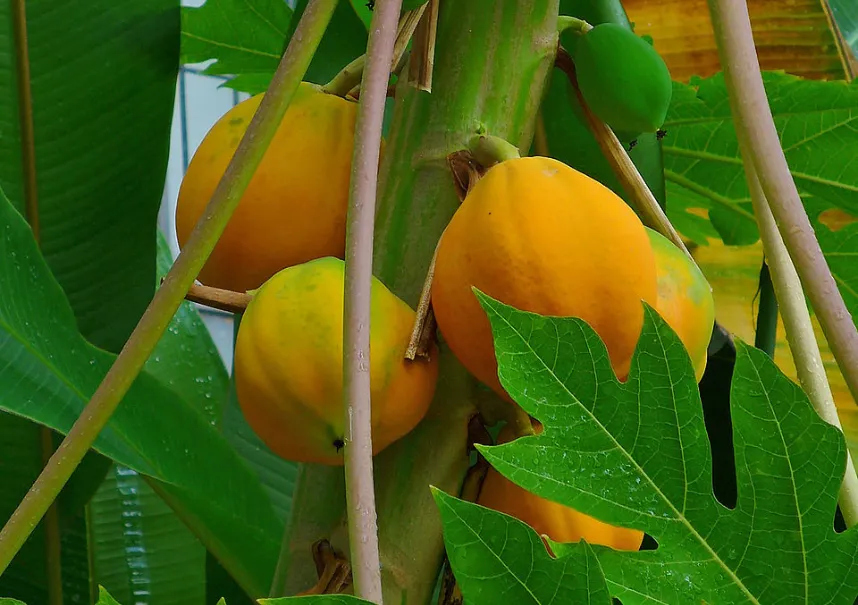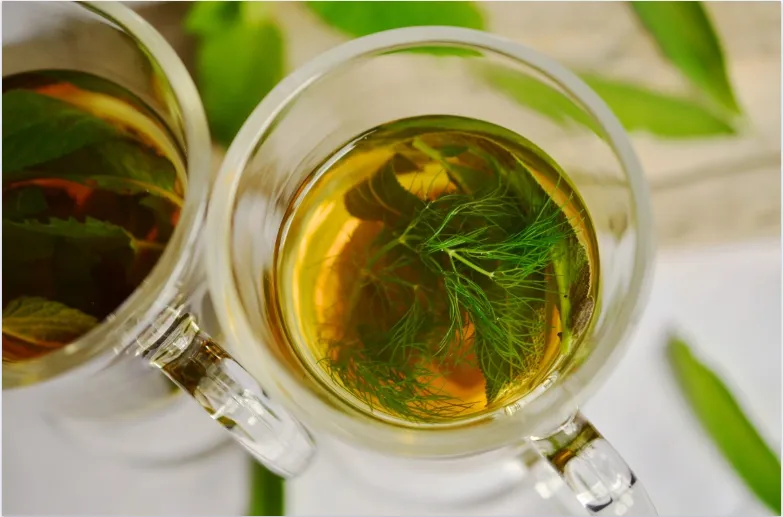There is no going back on the fact that plants and plant extracts have been serving man since the beginning of time. Before the advent of synthetic drugs, natural plant products have been key in the maintenance of the health of individuals. Up till today, herbs, as some people commonly call it, represent a major source of the drug for treating ailments in some people and several anecdotal and scientific evidence exist to prove their efficacies.

Even though as of today, herbal treatment of ailments is kind of limited to a section of the population in the underdeveloped and developing countries of the world (and some enthusiasts in developed countries as well), there exist several advantages in the use of herbs over synthetic drugs.
- Plants are cosmopolitan. They exist all around us and each plant represents potential medicines, even the seemingly poisonous ones. The ease of obtaining herbs over conventional drugs represents one of the huge advantages of herbal medicines.
- Due to their ease of assessment, herbal medicines are more pocket friendly than synthetic drugs. In actual fact, they can cost nothing as long as the required herb grows around where it is needed.
- Herbs are 100% organic and compatible with the human body. They leave very little or no side effects when taken and provide natural healing. Synthetic drugs most often come with their side effects and also contain inorganic contents that might be alien to the body. These contents might require a special effort by the body system to get rid of them.
Disease-causing organisms, also known as pathogens, sometimes mutate and develop resistance to drugs. The hope of humanity lies in the continuous search for more advanced options to keep up with the rate of evolution of pathogens. The world's plant biodiversity represents a huge pool for future drug discovery for the treatment of diseases caused by evolving pathogens.
Herbal extract preparation
One popular method of utilizing plants for medicinal purposes is the consumption or topical application of their extracts. Although refined extracts are generally considered to be safer than crude extracts, the latter remains the primary mode of consumption for several local people. In Nigeria, below are the most common methods of preparing herbal extracts locally:
Aqueous preparations
Water is generally referred to as a universal solvent and as such, it is one of the most widely used liquids used in the dissolution of solutes. Aqueous preparation of plant extracts varies depending on the state of the plant materials - whether it is in dry form for fresh form.
- Fresh plant materials: In fresh form, plants are macerated in clean water to extract the phytocontents. Thereafter, the extract is separated from the plant debris using a muslin cloth or any other appropriate sieving method. In some cases, cooking salt is added to the macerating mixture to leach out the phytocontents and further aid the extraction.
- Dry plant materials: Dry materials usually have their bioactive contents in concentrated forms since moisture has been removed to a certain degree due to the drying. To extract the contents, materials are soaked in water and allowed to stand for a certain period of time depending on the nature of the material. The standing time could be as short as a few minutes for some materials and as long as 72 hours for some.
Aqueous herbal preparation in some quarters makes use of hot water in order to further increase entropy and aid extraction.

Alcoholic preparations
Instead of using water, some prefer to use solvents that are alcohol-based. Water is a polar solvent and will readily extract polar molecules while alcohol is less polar and is able to extract less polar molecules.
Alcohol-based solvents are sometimes used to extract plants in ways similar to how water is used. The solvent to be used, however, must be one that is non-toxic to humans. Several commercial herbal mixtures sold around here are alcohol-based and provides a two-in-one opportunity to treat ailments as well as get 'high' for those that love to do so.
Some of the alcohol-based solvents commonly used include locally fermented gin, palm wine, commercial gins, and so on.
Summary
It does not matter how technologically advanced the entire world is, plants have been, and remain to play important roles in the health and overall well-being of humans.
Herbal extracts consumption remains one key way in which plants are utilized in the treatment of ailments. Preparation of extracts can be done using water or alcoholic drinks as the solvent for extraction. Each solvent presents its advantages. While water will extract water-soluble contents of plants, alcohol will extract less water-soluble contents with some degree of overlapping in the ability of the two solvents.
Extraction can be done by using fresh or dry plant materials. Extractions done using fresh plant materials are usually ready for consumption almost immediately while those done using dry materials can take days before the extraction is completed and the extract ready for consumption.
All the methods described in this post are peculiar to Nigeria. How do you prepare herbal extracts in your own country or locality? Feel free to engage me in the comment section.

Disclaimer: All the opinions expressed in this post are strictly mine unless otherwise stated. Indiscriminate consumption of plant materials can be harmful to one's body system. Always do your own research before consuming plant extracts for therapeutic purposes. Better still, always consult your physician if you feel unwell.
